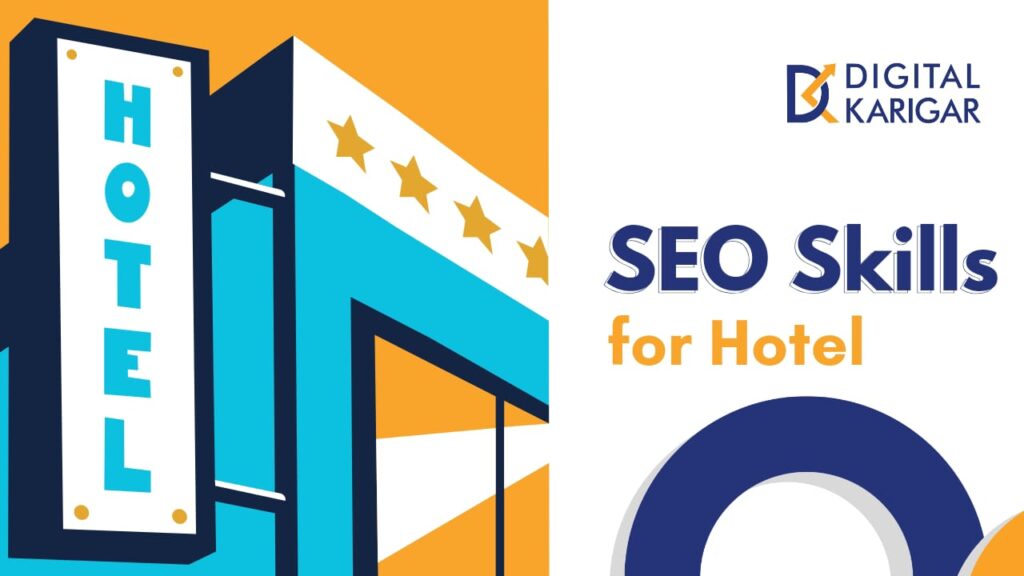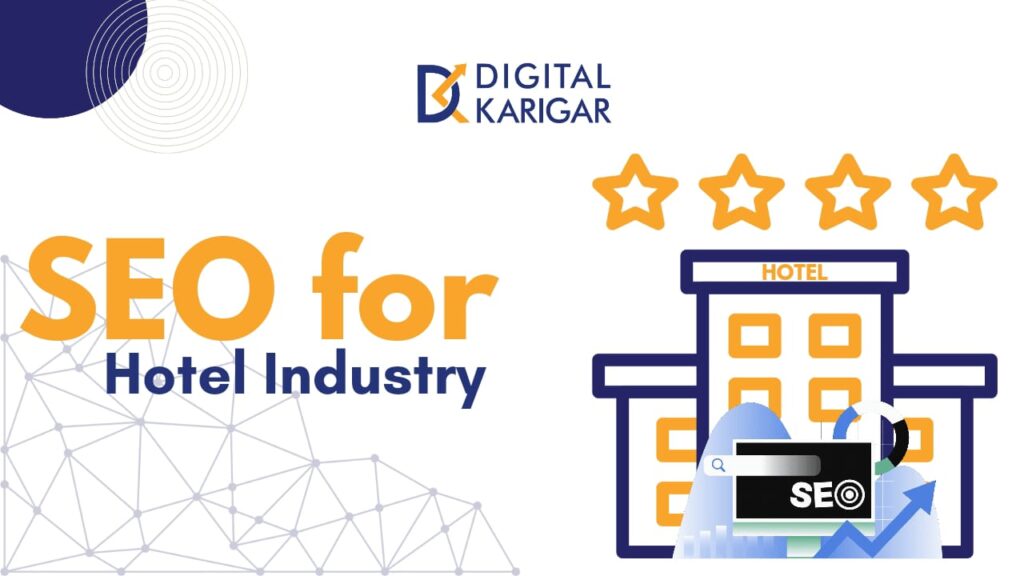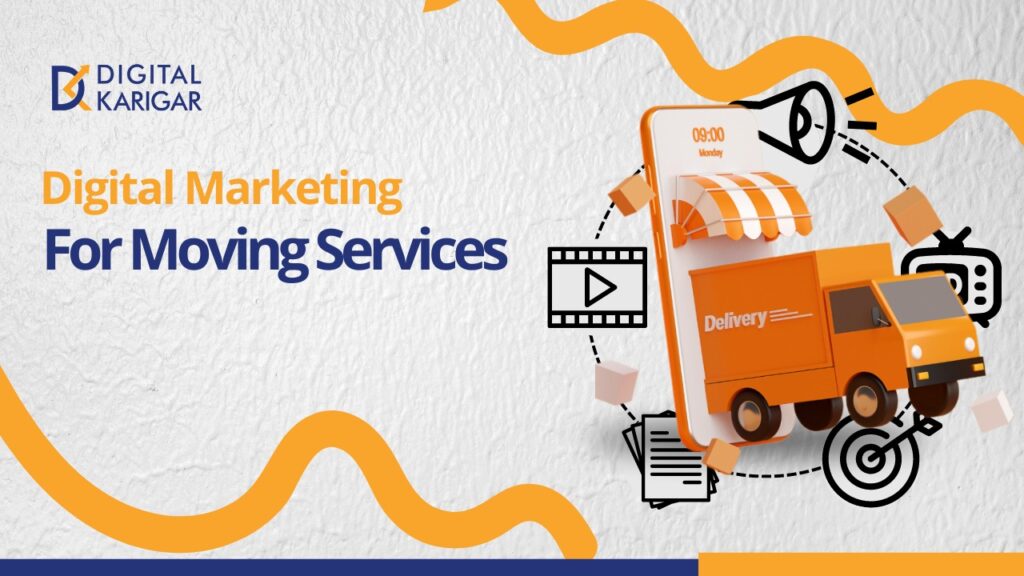13 Skills You Need To Check When Hiring an SEO For Hotels
Discover the unbeatable SEO strategies for hotels and accelerate your digital marketing goals. Unlock SEO for hotels and customized tactics particularly for the hospital industry to boost traffic, bookings, and revenue. Working with the plan when choosing to optimize a hotel website with SEO is difficult because the hospitality industry is quite competitive, with a huge quantity of hotels available with strong visibility in search engine results. A well-planned SEO allows you to elevate your USP (unique selling points) and potential audience of each hotel, promote your hotel to stand out in front of guests and optimize keywords. Meeting SEO techniques helps you understand the challenging business goals and the nuances of the hotel customer journey, you may enhance ROI and boost your bookings and revenue exceptionally. 13 Skills to Discover When Choosing SEO for Hotels Discovering the common phrases, queries, or searches of targeted hotel guests at every cycle of their journey, including “affordable hotels in Noida”, or “best hotel packages in Delhi”, to optimize hotel website content and boost organic traffic. Example: Using long-tail keywords such as “family hotels in Varanasi” or pet-friendly accommodations in Shimla” to fulfill highly interested searchers’ needs. 2. On-Page Optimization Using the best hotel search engine optimization practices including optimization of description, metal titles, and headers with effective keywords to increase search engine rankings and enhance click-through rates. Example: Making attractive meta descriptions for hotel pages, implementing areas, facilities, and USPs to attract users to check out your website. 3. Content Creation Crafting engaging, creative, and informative content aligned with the targeted customer’s needs, such as blog posts on choosing the right hotel, travel guides, places to visit, or entrance maps, to attract the target audience and accelerate bookings. Example: Developing informative articles/blogs on place guides for the hotel’s location, mentioning nearby attractions, famous foods to eat, and things to do, to win the trust of travelers in the research stage. 4. Local SEO Listing hotel business on Google My Business, Yelp, and other local directories helps you to enhance your online presence in local search results and engage nearby guests. You just need to optimize accurate business information, photos, and positive reviews. Example: Local SEO for hotels always requires NAP (Name, Address, Phone), which means you need to mention accurate information to your potential guests to leave positive reviews on all online listings. 5. Technical SEO To check and fix technical errors including broken links, slow loading speed, or mobile usability on the website, conducting regular website audits on Google Search Console and Google Analytics is required. Technical SEO for hotels is mainly designed for identifying and resolving errors that could positively and negatively impact the hotel website experience. Example: Placing schema markup for hotel ratings and reviews to improve search engine snippets and enhance visibility in search results. 6. Link Building Maintaining healthy relations with reputable sources, bloggers, and influencers in the industry to calculate the quality backlinks impacting the hotel’s website rankings increasing authority and improving rankings. Backlink is the major key to effectively boosting the SEO for hotels. Example: Connection with tourism authorities and travel bloggers to add information via editorial travel content or advertorials to the hotel in-place tours or places to visit, earning authorized backlinks from the sources. 7. Mobile Optimization Analyse that the website is mobile friendly, with fast loading speed, attractive design, and impressive User experience to deliver a smooth experience for mobile users and enhance search rankings. Example: Inserting features like Accelerated Mobile Pages (AMP) for SEO for hotels to eliminate loading speeds and enhance conversions for mobile users to find the best hotels. 8. Data Analysis Tracking website performance, measuring the effectiveness of SEO, and making data-driven decisions requires tools like Google Analytics and Search Console. Performing SEO strategies for hotels and avoiding the data power can also harm your website reputation and you lose the opportunity to connect with guests. Example: Tracking traffic method and the conversion rates to measure the right booking moments and synchronize the marketing plans accordingly, optimizing budget allocation and increasing ROI. 9. Customer Journey Mapping Making a plan on tracking multiple types of customer journey stages, from identifying points where SEO plays a crucial role, to awareness to booking and post-stay feedback and improving the guest experience. Example: Crafting prospected email marketing campaigns according to the customer perspectives and booking history, providing customized advice and engaging offers to generate repeat bookings and build customer relationships. 10. Seasonal SEO Crafting seasonal business marketing campaigns and promotions for SEO for hotels including travel times, holidays, and special events to set seasonal search trends and boost hotel bookings even in off-peak times. Example: Releasing a summer holiday offer promotion for families with discounted rates, fun activities, adventure trips, and complimentary amenities engage summer travelers. 11. Multilingual SEO Optimization of the hotel website and meta description can be performed in multiple languages in case of attracting global travelers and enhancing online presence to global search engines. Well-designed SEO for hotels can be considered for targeting various audiences and demographics and their targeted languages. Example: Translation of website pages such as homepage, booking page, about us, blog, and FAQs into targeted languages ensure a smooth user experience for non-English speaking guests. 12. Competitor Analysis Identifying competitor websites and their SEO strategies to rebuild your strength and opportunities for a unique establishment of the business. Competitor analysis is the main factor of SEO for hotel marketing as it keeps you updated with your competitor’s websites. Example: Familiarizing competitor keyword rankings and content strategies to track the points in the market, including unknown local leads, and monetize the growth scale. 13. Reputation Management Measuring online reviews and maintaining the hostel’s online image by responding promptly and effectively to both positive and negative reviews, signifying the commitment to guest satisfaction and increasing brand perception. Example: Catching the negative feedback about the hospitality of your hotel, and action to showcase your transparency and quality of your potential guests. Conclusion Choosing the best SEO for










